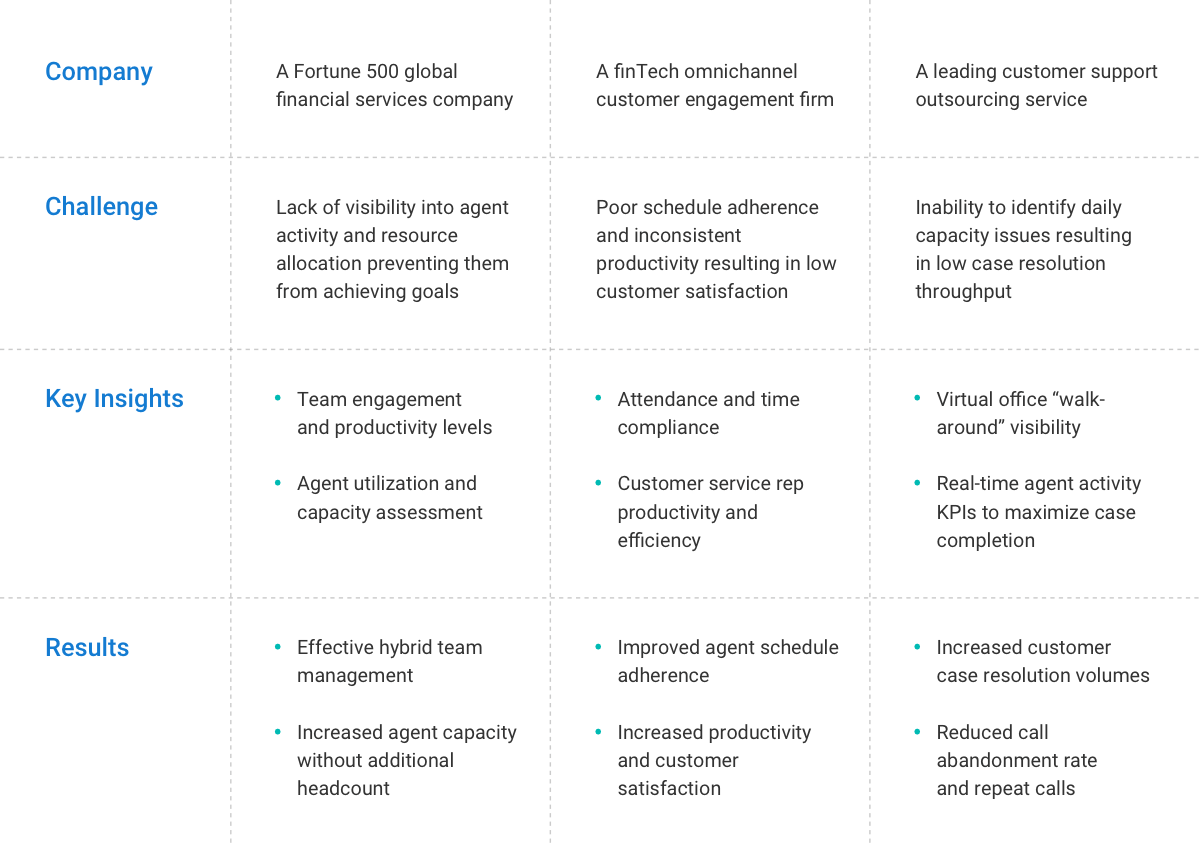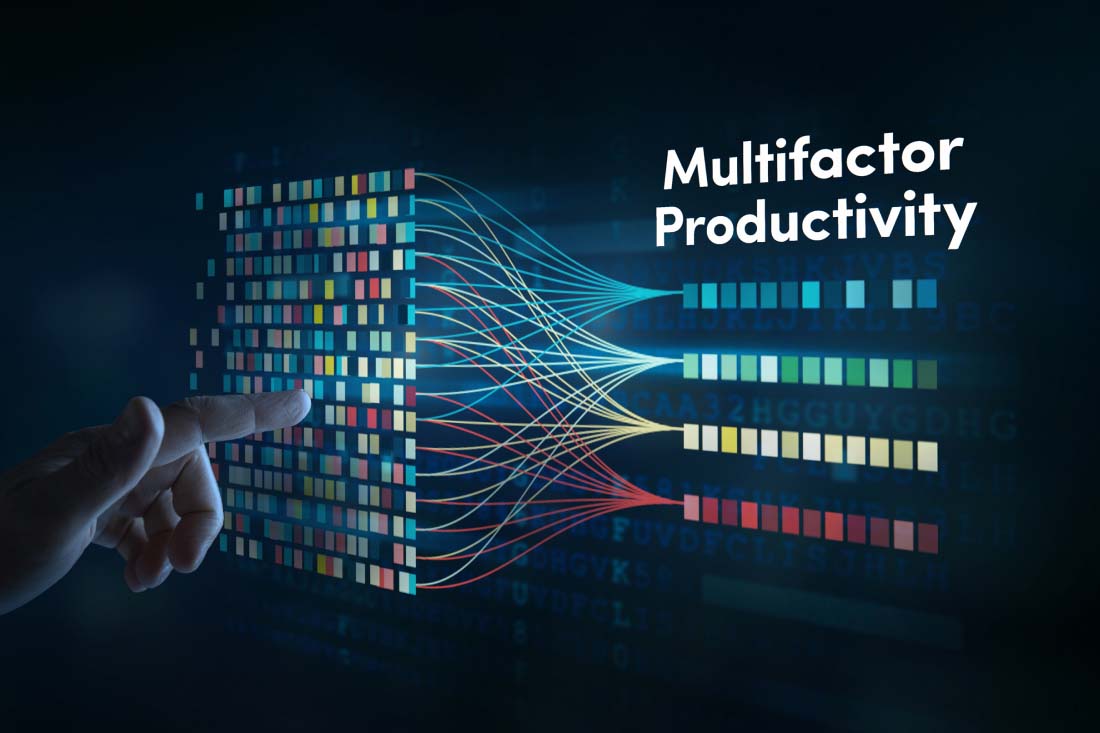This post was originally published on November 3, 2021, and was updated on September 21, 2023.
High-level summary
Workforce analytics provides data-driven insights into contact center agent activity, resource allocation and team performance. With this information, leaders can determine areas to improve productivity, such as streamlining workflows or coaching employees on how to manage their time better. Workforce analytics also helps contact centers find and address employee burnout risks, such as excessive overtime or unrealistic expectations.
By using workforce analytics, contact centers can increase the efficiency and performance of their teams — leading to better customer experiences and increased profitability.
The evolution of contact centers
The role of contact centers has rapidly evolved over the past few years. With an increased number of communication channels, organizations now engage with prospects and customers in many ways beyond the traditional phone call.
These new technologies also presented the opportunity to deploy flexible work arrangements with the physical footprint becoming less important. In fact, 34% of call center companies have a remote presence, and 56% plan to have one by 2024.
With this need to support hybrid and remote work, managers must navigate many challenges across flexible work including:
- Making sure employees are fully engaged and focused on the highest-value tasks during scheduled hours
- Ensuring staff are paid for the correct number of hours worked and their pay is commensurate with the time they spend on the job.
- Verifying contact center staff are closely aligned to performance goals
- Identifying and minimizing tools and processes impeding productivity
- Adjusting workloads across time zones for optimal coverage and lower wait times
- Ensuring compliance with rollouts of new processes, policies and workflows
- Preventing employee burnout and turnover
- Quickly identifying employees that need training or mentoring
Contact centers that implement a workforce analytics solution set themselves up for success by empowering their employees with the tools, resources and support to make data-informed decisions.
Using ActivTrak to drive contact center efficiency and productivity — while reducing costs
Contact centers located worldwide use ActivTrak’s productivity insights to equip leaders with the data they need to improve contact center efficiency and productivity within and across teams.
The ActivTrak platform helps contact centers efficiently:
- Track productivity trends across hybrid, remote and in-office work settings
- Increase accountability while instilling a culture of trust and transparency
- Empower employees to work when and where it makes sense for them
- Enable managers to run more effective and productive teams
- Identify and resolve workflow bottlenecks
- Find coaching and training opportunities
ActivTrak provides data-driven insights to paint a more consistent, continuous and unbiased picture of employee engagement and productivity over time. These insights empower managers to understand how employees get work done, spotlight successful work patterns, and prioritize the work driving real business results.
Agent productivity improvements
Using ActivTrak workforce analytics, contact center managers can realize substantial cost savings with productivity improvements through:
- Visibility into agent activity and resource allocation — affecting goal attainment
- Discovering over- and under-utilized resources
- Identifying and applying best practices and the most efficient processes
- Correlating agent activities and performance
- Determining agents at risk of burnout
- Seeing agents in need of coaching
Take this typical example based on an average call center agent:
An agent with a hypothetical annual salary of $40,000 gains 30 minutes a day from lost productivity or inefficiency, which would amount to around $2,500 annually. This would result in a net gain of over $1.5 million per year for a team of 600 people.
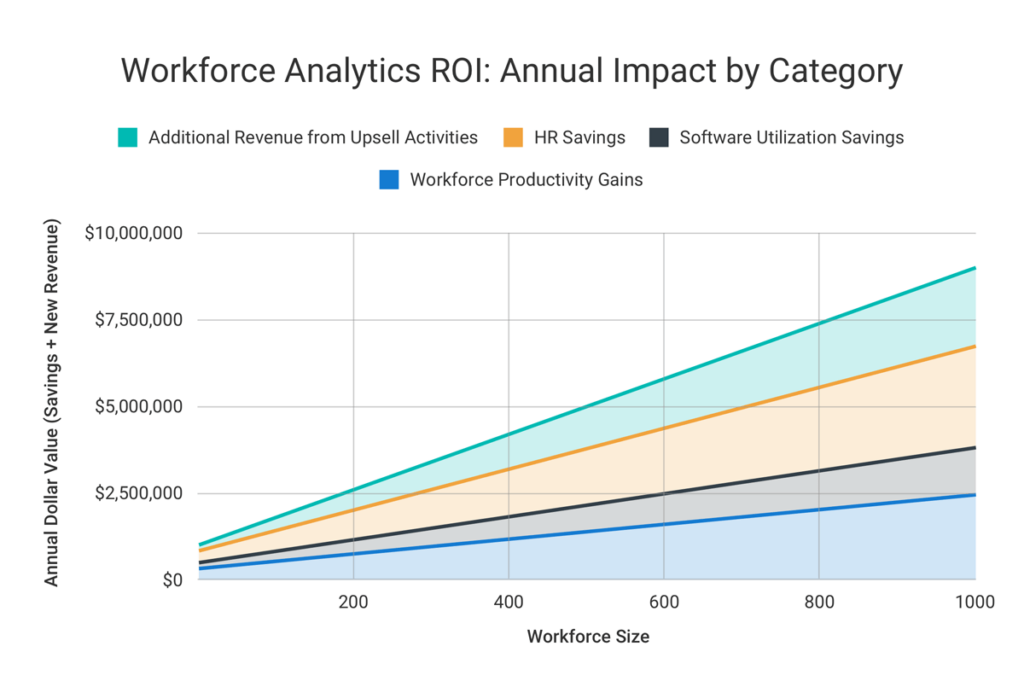
Process analysis to improve efficiency
Contact centers are under constant pressure to improve efficiency and minimize costs. One way to do this is to analyze the processes used to handle customer inquiries. By identifying areas where time is wasted or where there is room for improvement, managers can make adjustments to lead to better outcomes for both customers and employees.
ActivTrak can track employee activity and identify areas where time is spent on non-value-added tasks. This information can then be used to make changes to the process, such as eliminating unnecessary steps or automating tasks.
One call center customer used ActivTrak to identify agents spending a significant amount of time on secondary tasks that could be done during off-peak hours. By de-prioritizing these tasks, the call center reduced call wait times by 30% during peak hours.
Another way to improve call center efficiency is to identify best practices and replicate them across the organization. ActivTrak can help with this by highlighting the most efficient agents and the processes they use. This information can then be shared with other agents, helping them improve their own performance.
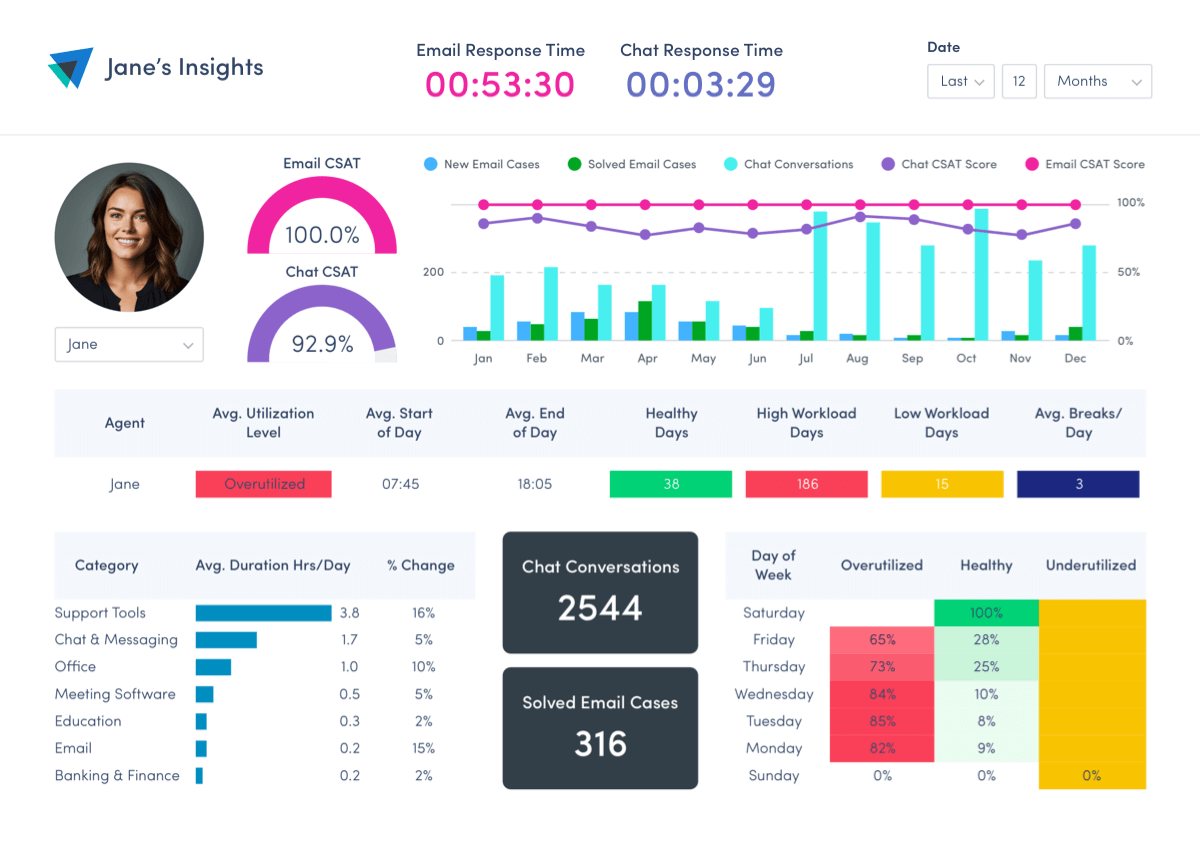
Efficiency analysis and scoring
Customer support managers and contact center leaders need a comprehensive overview of daily, weekly and monthly work patterns, including most-used apps, total work time and productive work time. With this data, managers can identify when their agents can most effectively handle complex customer interactions, including strategic routing of escalations and more.
ActivTrak provides complete visibility to compare team performance and to make sure better processes and tools are fully adopted. Here are a couple of examples of how contact center management can use workforce analytics:
Example A: The contact center manager wants to compare remote vs in-person team productivity.
Example: B: The team leader wants to learn which processes the high-performing reps follow so they can replicate them across the rest of the team.
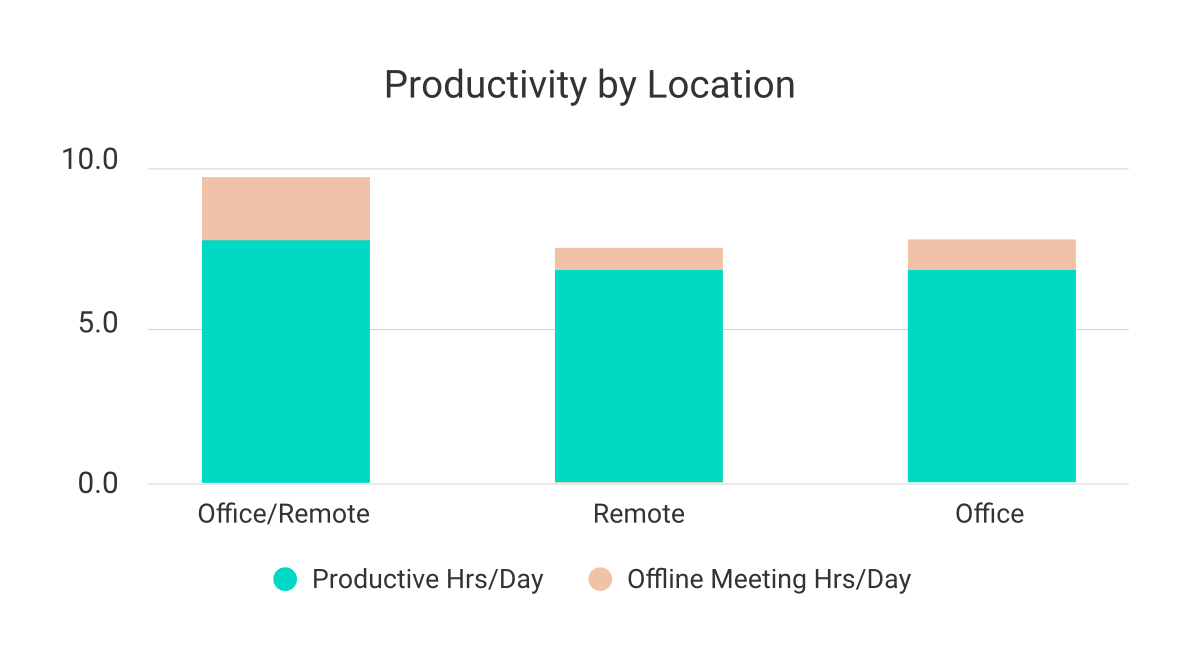
Identification of coaching opportunities
Coaching contact center agents may be necessary to advance their expertise or improve their efficiency in different areas of their role. This could include helping them increase productivity, adhering to process protocol or managing their time effectively.
ActivTrak Coach identifies employees in need of coaching and provides automated tips and advice for improvement based on their behavior. Additionally, it can alert managers based on leading indicators to take coaching action — shortening the time to results.
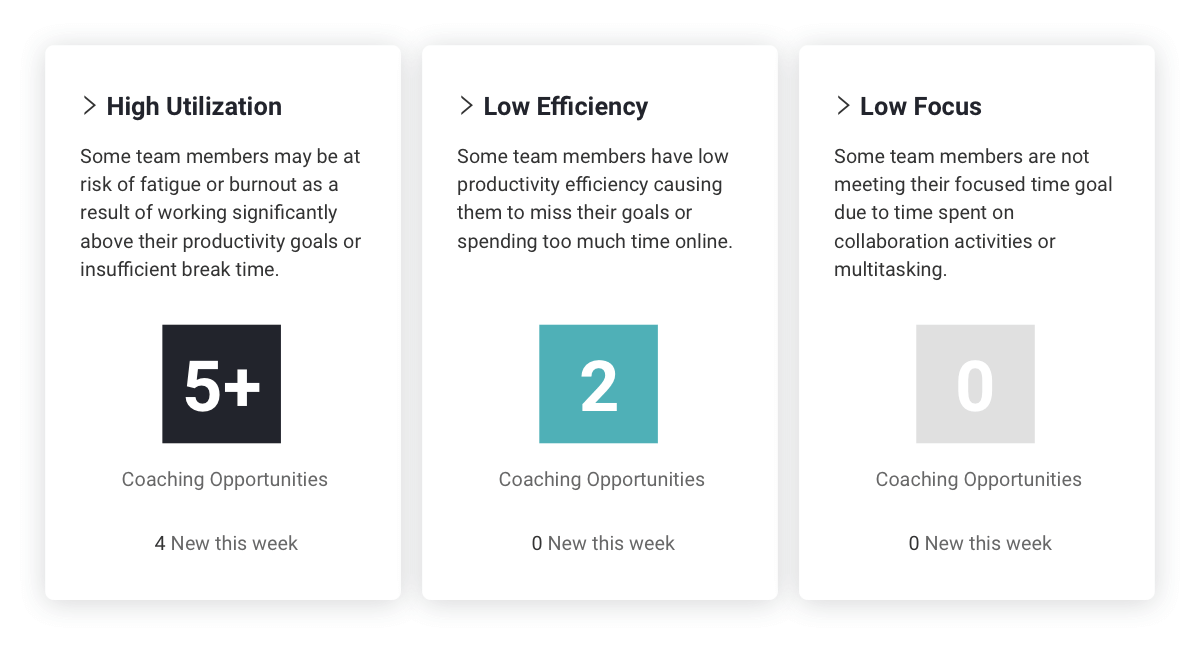
Benchmarks and goal setting
ActivTrak helps contact center managers evaluate how their team's performance measures up against other teams in the organization and in relation to internal objectives and benchmarks. Using ActivTrak, managers can set goals, measure against them and then identify areas of success (and potential areas for improvement).
Managers also seek to establish team and individual goals in accordance with their current performance and the standards that have already been established. ActivTrak tracks the team's progress toward their goals and publishes productivity benchmarks to use for comparison. This information can help identify areas where the team is on track and areas where they may need additional support.
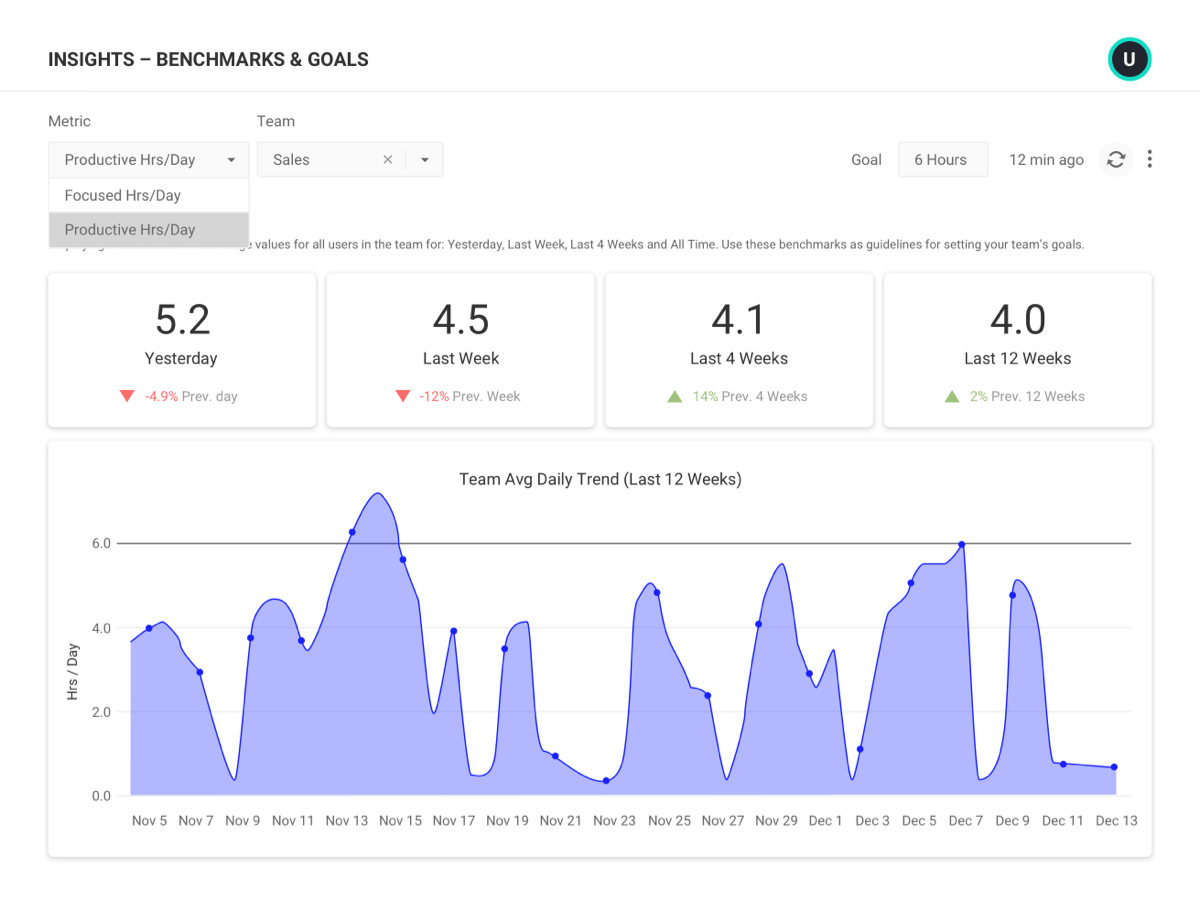
Effective software utilization
A recent case study revealed that ActivTrak enabled one organization to save over $800,000 on unused software licenses. Specifically, the customer had 2,000 CRM licenses at $150/month/user, resulting in $200,000 in savings from the identification of 114 "inactive" users, and an additional $600,000 in savings from the identification of 317 "low volume" users who had less than five sessions and less than ten minutes total. Talk about an untapped opportunity!
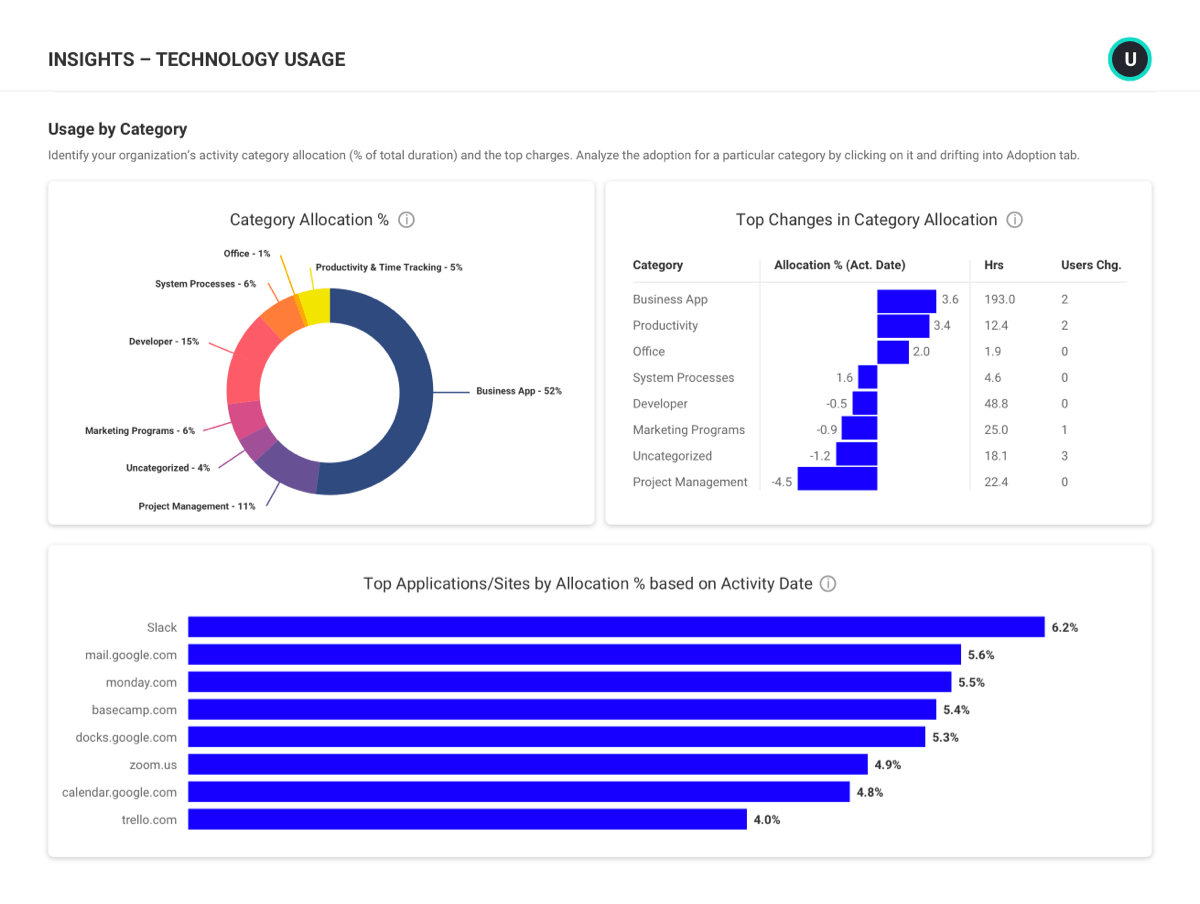
Boost contact center efficiency and revenue with ActivTrak
With ActivTrak by their sides, leaders can track performance trends, identify burnout risk, reduce distractions and recapture critical focus time — helping companies design more optimal workloads, workflows and workdays that help reduce the risk of turnover.
Start improving your contact center team’s efficiency and productivity today — create a free account or request a demo.
Additional case studies: Achieving contact center excellence with workforce analytics
